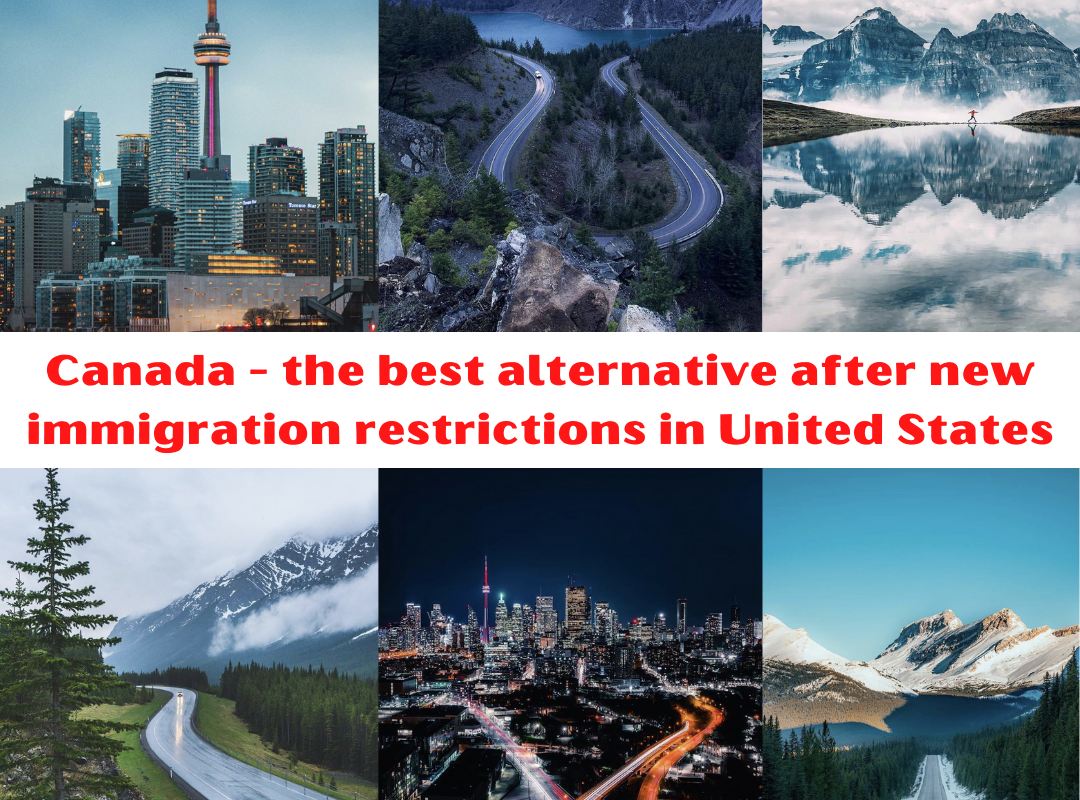During the COVID-19 pandemic, temporary residents who remained in Canada have been encouraged to renew their work or study permits to maintain their legal status in Canada. As a result of the pandemic and its associated challenges, a new public policy has been implemented that provides an extension to apply for restoration beyond the current 90-day time frame for foreign nationals in Canada.
This public policy comes into effect on July 14, 2020 and remains in effect until December 31, 2020. Applications received on or before December 31, 2020 may benefit from this public policy.
Former workers, students and visitors whose status expired after January 30, 2020, and who remained in Canada now have until December 31, 2020, to apply to restore their status, provided they meet the requirements for the type of status and authorization they are applying to restore.
The public policy aims to
- provide eligible foreign nationals who have fallen out of status during the COVID-19 pandemic with more time to restore their temporary resident status
- exempt eligible foreign nationals from the requirement to have complied with certain temporary resident conditions for a work or study permit to be issued
- allow eligible foreign nationals applying for a job offer-supported work permit to work while decisions on their restoration and work permit applications are pending
The public policy also allows former work-permit holders applying for an employer-specific work permit to work while a decision on their restoration application is pending. However, they need to:
- have a job offer
- submit a WP application that is supported by a Labour Market Impact Assessment (LMIA) or an LMIA-exempt offer of employment
- notify IRCC
Eligibility requirements for restoration application
Foreign national restoring their temporary resident status
To be eligible for restoration under the public policy, the foreign national must:
- have been in Canada with valid temporary resident status on January 30, 2020, remained in Canada since, and lost their temporary resident status more than 90 days ago: and
- have applied for restoration of temporary resident status and paid the associated application processing fees.
Foreign national seeking interim work authorization
To be eligible for interim work authorization, the foreign national must:
- have submitted an employer-specific work permit application with correct fees for which a decision has not yet been made, included an application for restoration and paid the associated application processing fee;
- have held a valid work permit in the 12 months preceding the date on which they submitted their application for restoration of temporary resident status;
- intend to work for the employer and/or occupation specified in the LMIA or LMIA-exempt offer of employment included in their work permit application;
- have applied for the public policy exemption using the electronic means (that is, the IRCC Webform) identified by the department for that purpose; and
- have requested that the public policy exemption be applied until a decision is made on their work permit application.
Examples where the interim work authorization would apply
- The foreign national’s work permit expired on December 30, 2019, and they fell out of status. They submitted a restoration and work permit application on March 1, 2020 (within 90 days of losing status), and a decision is still pending on their application.
- The foreign national’s work permit expired on March 1, 2020, and they fell out of status. They submitted a restoration and work permit application on October 1, 2020 (under the public policy), and a decision is still pending on their work permit application.
Example where the interim work authorization would not apply
- The foreign national’s work permit expired on March 30, 2019, and they extended their stay in Canada as a visitor. In this case, the foreign national cannot benefit from the interim work authorization under this public policy as they do not meet the eligibility criteria (that is, they did not hold a work permit in the last 12 months).
- The foreign national is a work permit-exempt worker who is restoring their status and applying for a work permit with a job offer, but they did not hold a valid work permit in the 12 months preceding the date on which they submitted their application for restoration of temporary resident status.
Want help restoring your status? Please contact us at (778) 564-3555 or email at info@canximmigration.com





